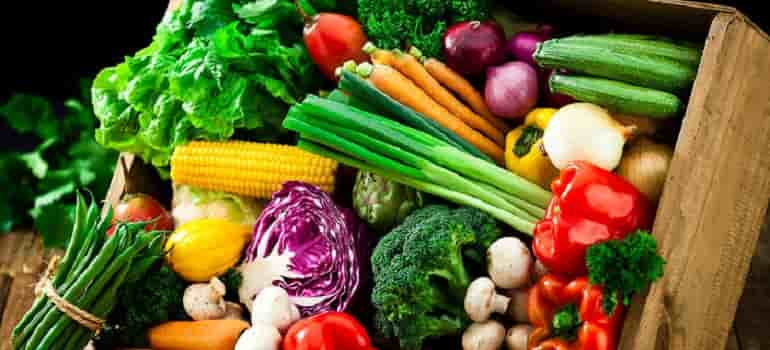
Choose a plate filled with more vegetables and fruits than meats. A study from the Department of Public Health shows that a sustainable diet not only benefits the climate but also benefits your health.
The new research results from Aarhus University has been published in the scientific journal Stroke.
“If adult men or women follow a sustainable diet and the Nordic recommendations for dietary fiber intake, then we see a lower risk of bleeding or blood clots in the brain,” says Christina Dahm, who is behind the study.
This knowledge is important, as a previous study from the UK found that vegetarians had a higher risk of brain hemorrhages compared with those who ate meat. These findings received a lot of publicity.
“A vegetarian diet is very similar to a sustainable diet, and since we need to eat more sustainably in the future, it was a rather worrying result. Our results show that it is safe to eat a sustainable diet,” says Daniel Ibsen, who has also contributed to the study.
The researchers used data from the Danish Diet, Cancer and Health population study. A total of 57,053 adults aged 50 to 64 took part in the study in the early 1990s, and answered questions about their eating habits and lifestyles. In the following years, researchers have been able to use the Danish registers to identify participants who developed bleeding and blood clots in the brain.
“The food we eat has a crucial influence on our health, but also affects our climate and the environment. We need to eat more sustainably, but of course it’s important that we also have a healthy diet,” says Christina Dahm. According to Christina Dahm, the study should be followed up in the context of today’s Danish dietary habits, which contain an increased amount of new sustainable foods such as oat milk and plant-based meat alternatives, as well as studies that examine more specifically how Danes can become better at complying with climate-friendly dietary advice.
The seven official Danish climate–friendly dietary guidelines
- Eat plant-rich, varied and not too much.
- Eat more vegetables and fruit.
- Eat less meat—choose legumes and fish.
- Eat whole grains.
- Choose vegetable oils and low-fat dairy products.
- Eat less of the sweet, salty and fatty.
- Quench your thirst in water.
